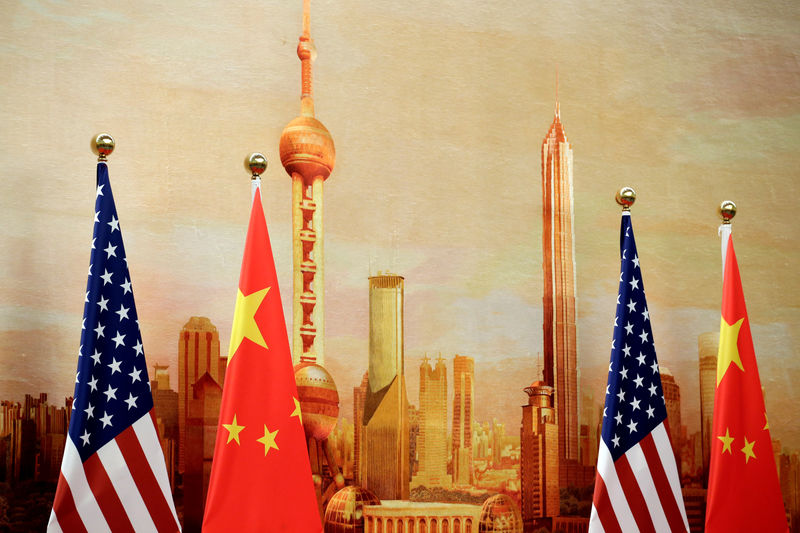(Bloomberg) -- China wants further talks as soon as the end of October to hammer out the details of the “phase one” trade deal touted by Donald Trump before Xi Jinping agrees to sign it, according to people familiar with the matter.
Beijing may send a delegation led by Vice Premier Liu He, China’s top negotiator, to finalize a written deal that could be signed by the presidents at the Asia-Pacific Economic Cooperation summit next month in Chile, one of the people said. Another person said China wants Trump to also scrap a planned tariff hike in December in addition to the hike scheduled for this week, something the administration hasn’t yet endorsed. The people asked not to be named discussing the private negotiations.
The details of the verbal agreement reached in Washington last week between the two nations remain unclear. While Trump hailed an increase in agricultural purchases as “the greatest and biggest deal ever made for our Great Patriot Farmers in the history of our Country,” China’s state-run media only said the two sides “agreed to make joint efforts toward eventually reaching an agreement.”
S&P 500 futures extended losses, the Stoxx 600 fell and the yen rose as investor pessimism on the deal grew.
China’s Ministry of Commerce did not immediately respond to a request for comment on further talks. Geng Shuang, a foreign ministry spokesman, reiterated on Monday that both sides had made progress and said he hoped “the U.S. will work with China and meet each other halfway.”
Investors have struggled to determine whether the U.S. and China reached a breakthrough in an 18-month trade war, with global stocks mixed on Monday. Worse-than-expected September trade figures in China underscored the growing pressure on both Trump and Xi to reach a deal to avert a wider slowdown in the global economy.
China has become increasingly wary of any statements from Trump. Trust between the two sides suffered a big blow in May 2018, when Trump put a stop to a deal for China to buy more energy and agricultural goods to narrow the trade deficit. The U.S. president further sowed distrust in August when he claimed that Chinese officials had called and requested to restart trade talks.
For Xi, it’s seen as politically unfeasible to accept a final deal that doesn’t remove the punitive tariffs altogether. Nationalists in the Communist Party have pressured him to avoid signing an “unequal treaty” reminiscent of those China signed with colonial powers.
“The U.S. must concede on its December tariff threat if they want sign a deal during APEC summit, otherwise it would be a humiliating treaty for China,” said Huo Jianguo, a former Chinese commerce ministry official who is now vice chairman of the China Society For World Trade Organization Studies. “The U.S. has definitely shown some good gestures but we shouldn’t exclude the possibility of another flip-flop.”
